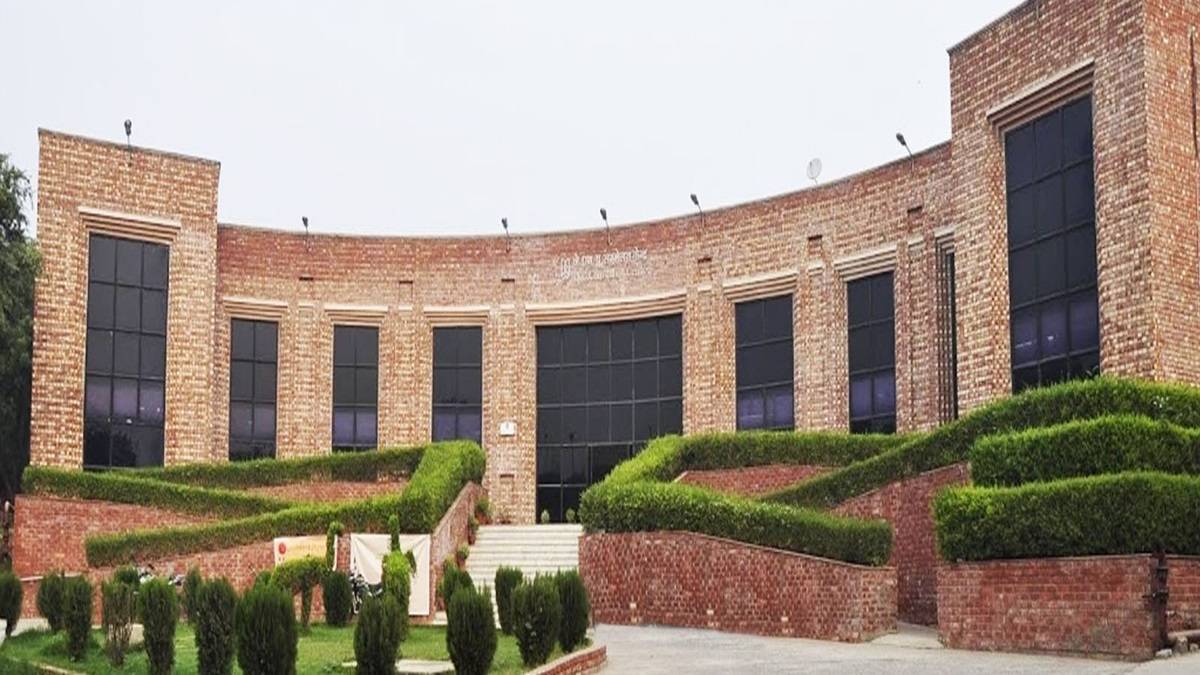JNU Students on Indefinite Hunger Strike Demand Restoration of JNUEE, Appeal to Teachers for Support
Since 2022, JNU has shifted its PG and PhD admissions to CUET-PG and UGC-NET-based models, moving away from its custom JNUEE
Students of Jawaharlal Nehru University (JNU) have entered the twelfth day of an indefinite hunger strike, intensifying their demand for the restoration of the Jawaharlal Nehru University Entrance Examination (JNUEE) and other student welfare issues.
In an open letter addressed to their teachers, the protesting students have urged faculty members to extend solidarity, including participating in the hunger strike for at least one day.
As per the Jawaharlal Nehru University Students' Union (JNUSU), the protest involves 14 students on indefinite hunger strike and over 230 students participating in a mass relay strike. Among those on hunger strike for the full 12 days are JNUSU President Nitish Kumar, Councillor Antariksh, and students Loni, Sourya, and Manikant. Several others, including Vice-President Manisha, had to withdraw due to serious health complications.
Key Demands of the Protest
The students have outlined four core demands:
Reinstatement of JNUEE (JNU’s traditional entrance exam).
Immediate halt to eviction of PhD scholars from hostels.
Revocation of all ongoing proctorial inquiries against students.
Increase in the Merit-cum-Means scholarship amount.
Why Students Are Protesting the Scrapping of JNUEE
The principal grievance concerns the replacement of JNUEE with a NET-based admission test. Students argue that the shift undermines the university’s historical commitment to inclusion, academic diversity, and critical thinking.
“The JNUEE was more than an exam—it was a pathway for students from remote, marginalised communities to enter this institution,” the letter states. “By replacing it with a standardised format, JNU is losing its unique academic culture and social fabric.”
The letter also criticises the removal of deprivation points, which previously provided additional weight to students from underprivileged and backward regions.
Appeal to Faculty for Action, Not Just Words
In their letter, the students call on JNU’s faculty members to move beyond symbolic support.
“We urge you to extend your solidarity not just in principle but in action—by joining us, even if for a day. Your presence will uplift the morale of protesting students and reaffirm that the JNU community stands united,” the letter says.
Students on hunger strike have begun to show signs of severe fatigue and health deterioration.
“This is not just our struggle—it’s for future generations who deserve access to the same inclusive JNU we were lucky to enter,” the letter concludes.
Read More:
Follow Shiksha.com for latest education news in detail on Exam Results, Dates, Admit Cards, & Schedules, Colleges & Universities news related to Admissions & Courses, Board exams, Scholarships, Careers, Education Events, New education policies & Regulations.
To get in touch with Shiksha news team, please write to us at news@shiksha.com

Abhay Anand is an experienced education journalist with over 15 years in print and digital media. Currently serving as Manager- Editorial at Shiksha.com, he specializes in higher education policy, student mobility,
Read Full Bio
JNU has a well known faculty of over 1,200 professors, associate professors, assistant professors, and lecturers. They come from all over India and the world representing a range of disciplines. To become a professor at JNU, you must have a PhD degree in the relevant field + clear UGC NET. The annual salary ranges from INR 19 lakh to INR 36 lakh.